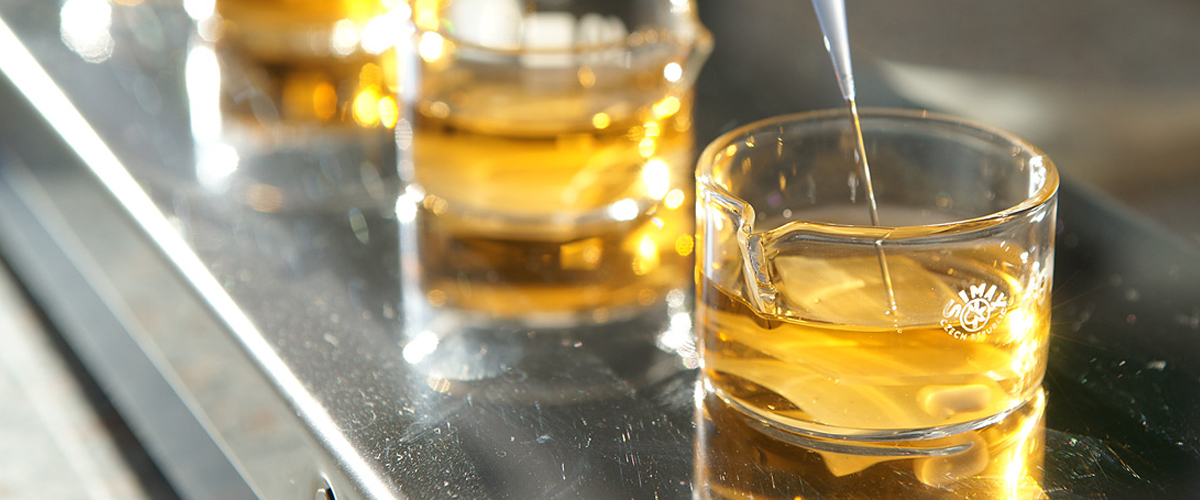
Department of Chemistry
Students
- Chemistry seminars schedule
- Student awards and graduates
- Bachelor's study programmes
- Master's study programmes
- Doctoral study programmes
- Brief information for applicants to Biological Chemistry study programmes
- Information for students
- Information for supervisors
Student awards and graduates
Information about the Rector's and Dean's awards, notable student awards, outstanding undergraduate work, and a list of Chemistry Department graduates.
Bachelor's study programmes
Information about undergraduate programs (Chemistry, Biological Chemistry, Chemistry for Education) with the possibility of follow-up master's degrees.
Master's study programmes
Information about the Master's programs (Environmental Chemistry, Biochemistry, Biological Chemistry, Chemistry for Educationfor Secondary Schools).
Doctoral study programmes
Information about doctoral programs (Doctor of Natural Sciences RNDr. - Biochemistry).
Brief information for applicants to Biological Chemistry study programmes
Brief information for applicants to Biological Chemistry study programmes
Information for students
Click the "Read more" button
- Information for students of Chemistry study programmes.
- Offered BSc and Msc theses topics
- Filling the BSc and MSc assignment form
- Info on Biological Chemistry study programmes
- FAQs for Biological Chemistry study programmes
- Rules and recommendations for writing of Bsc. and MSc. theses
- Information on Bachelor and Master state exams and defences
- Organisation of joint master state exam in Biological Chemistry
- Re-admission of students to cross-border study programmes
- Information on the university e-mail set-up for finishing students
- Note for students and supervisors in relation to thetheses topics of student from EU sanctioned countries
- information on the state exams and defences and the dresscode
- Reimbursement of financial costs for studies

